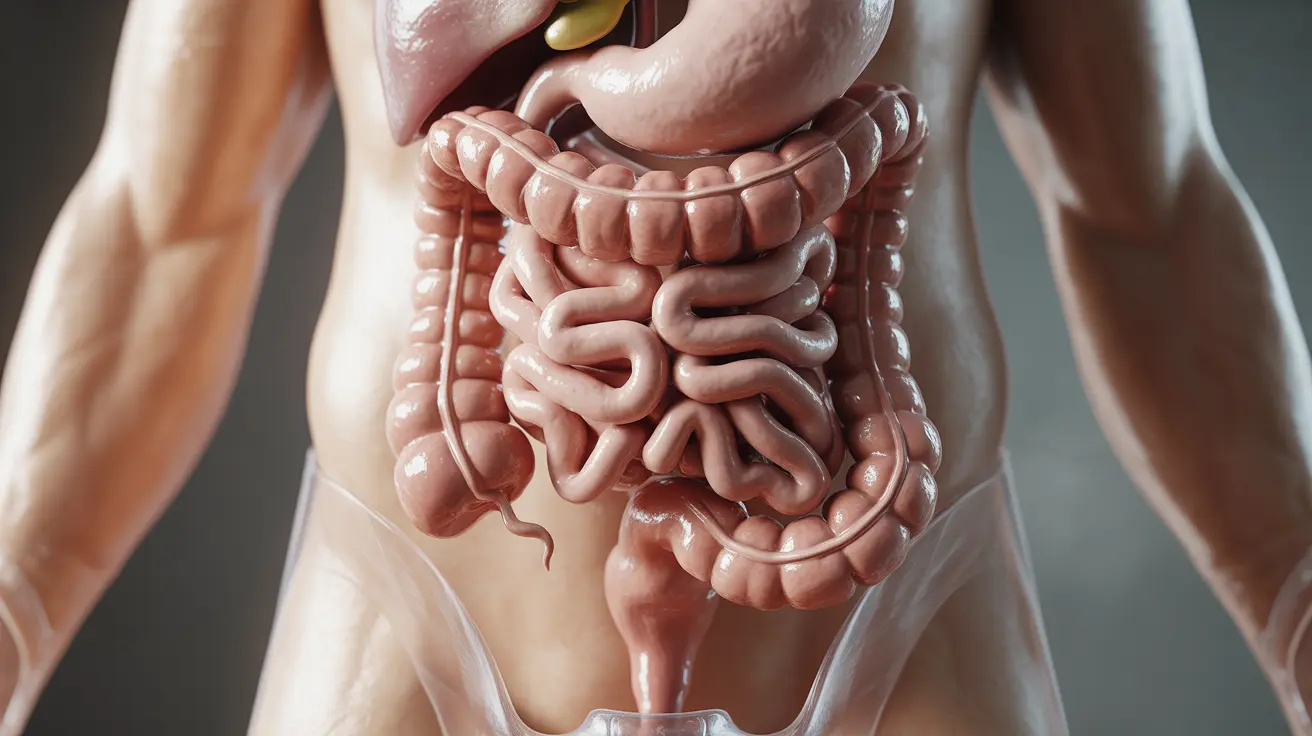When dealing with pain or inflammation, many people reach for ibuprofen, a common over-the-counter pain reliever. However, combining this medication with alcohol can lead to serious health complications. Understanding the potential risks and interactions between ibuprofen and alcohol is crucial for your safety and well-being.
This comprehensive guide explores the dangers of mixing ibuprofen and alcohol, helping you make informed decisions about your health and medication use.
Understanding the Risks of Combining Ibuprofen and Alcohol
Both ibuprofen and alcohol can independently irritate your stomach lining and affect various bodily functions. When combined, these effects can be amplified, potentially leading to serious health complications.
Increased Risk of Gastrointestinal Problems
The combination of ibuprofen and alcohol can significantly increase your risk of developing stomach issues, including:
- Stomach irritation and inflammation
- Ulcers
- Gastrointestinal bleeding
- Chronic digestive problems
Impact on Kidney Function
Your kidneys can be particularly vulnerable when alcohol and ibuprofen are used together. Both substances can stress these vital organs, potentially leading to:
- Reduced kidney function
- Increased blood pressure
- Fluid retention
- Long-term kidney damage
Timing and Dosage Considerations
Even small amounts of alcohol can interact with ibuprofen in your system. It's important to understand the timing between taking these substances and how different dosages might affect you.
Safe Waiting Periods
If you've taken ibuprofen, it's recommended to wait at least 24 hours before consuming alcohol. Similarly, if you've been drinking, wait until the alcohol has completely cleared your system before taking ibuprofen.
Signs of Adverse Reactions
Being able to recognize warning signs of a negative interaction between ibuprofen and alcohol is crucial. Watch for these symptoms:
- Severe stomach pain or cramping
- Black or bloody stools
- Unusual drowsiness
- Dizziness or confusion
- Rapid heartbeat
- Difficulty breathing
Prevention and Safety Guidelines
To protect your health when using ibuprofen, follow these important safety guidelines:
- Always read medication labels carefully
- Inform your healthcare provider about your alcohol consumption
- Consider alternative pain relief methods when planning to consume alcohol
- Never exceed the recommended dosage of ibuprofen
- Stay well-hydrated when taking any medications
Frequently Asked Questions
Is it safe to drink alcohol while taking ibuprofen, and what are the risks of mixing them?
No, it's not safe to mix alcohol and ibuprofen. The combination can increase your risk of stomach bleeding, ulcers, and kidney problems. It's best to avoid alcohol while taking ibuprofen and for at least 24 hours afterward.
What signs and symptoms indicate serious stomach or kidney problems from using ibuprofen and alcohol together?
Watch for severe stomach pain, black or bloody stools, unusual bruising, decreased urination, swelling in extremities, and persistent nausea. If you experience any of these symptoms, seek immediate medical attention.
How does combining ibuprofen and alcohol affect kidney health and what should I watch out for?
Both substances can stress your kidneys, potentially leading to reduced function or damage. Signs of kidney problems include changes in urination patterns, swelling in hands or feet, fatigue, and back pain near your kidneys.
Can low doses of ibuprofen with occasional alcohol cause harmful side effects?
Yes, even low doses of ibuprofen combined with alcohol can cause adverse effects. The risk varies by individual, but it's best to avoid the combination completely to prevent potential complications.
Why should I avoid driving or operating machinery after taking ibuprofen and consuming alcohol?
The combination can increase drowsiness, affect coordination, and slow reaction times. This makes operating vehicles or machinery particularly dangerous, as both substances can impair your judgment and physical responses.




